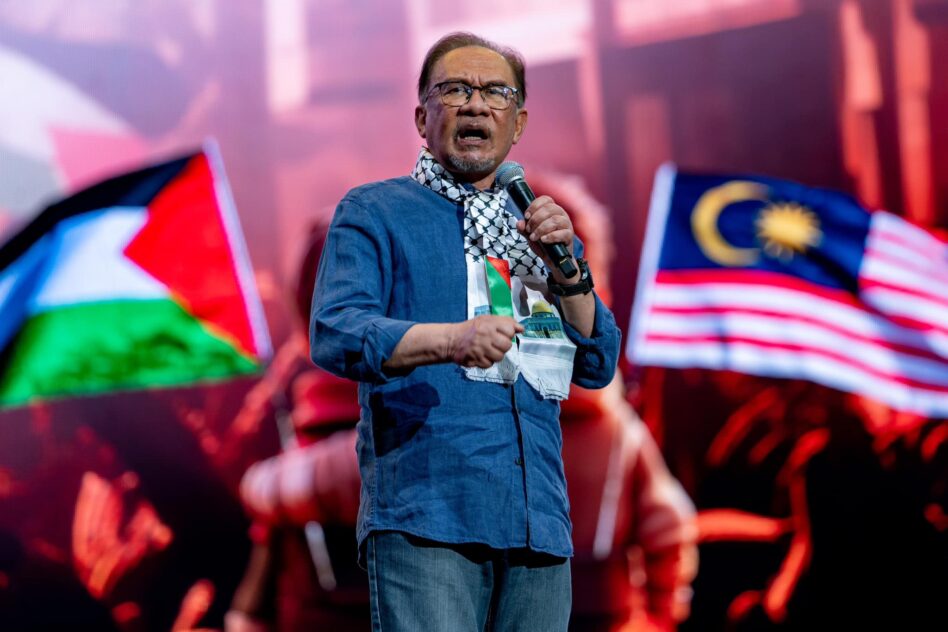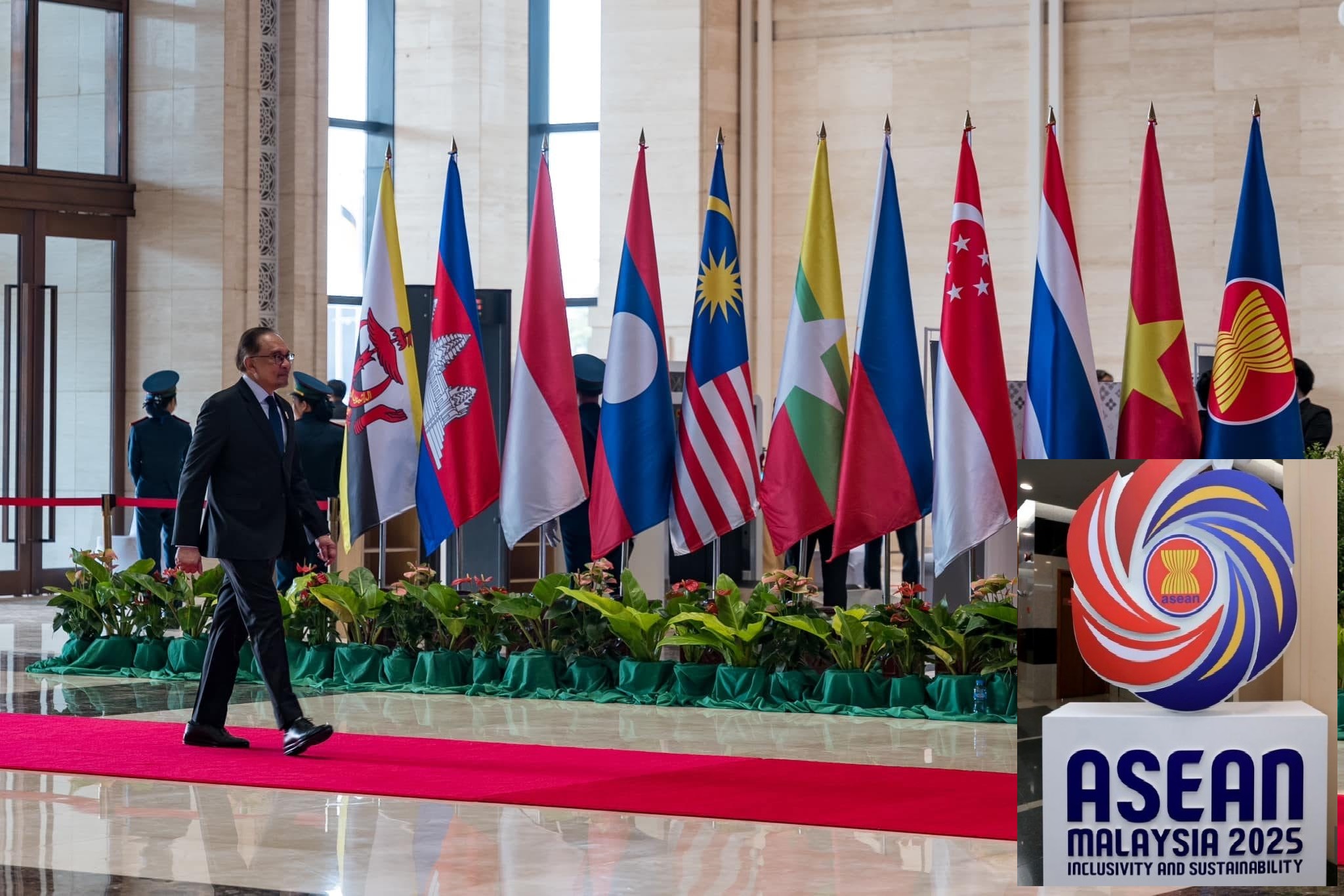MALAYSIA’S assumption of the ASEAN chairmanship under Prime Minister Datuk Seri Anwar Ibrahim has been met with exaggerated praise from his supporters who paint him as a visionary leader poised to elevate the regional organisation.
However, a more measured assessment suggests that Anwar’s impact will likely be limited, constrained by ASEAN’s structural realities and Malaysia’s own diplomatic challenges.
ASEAN operates on a principle of consensus and non-interference, limiting the power of the chairing nation. While Malaysia holds the chairmanship, its ability to drive substantive change remains restricted.
Despite grand rhetoric, Anwar’s leadership is unlikely to translate into transformative action. Moreover, Malaysia’s tenure coincides with the return of Donald Trump to the US presidency which could bring renewed trade tariffs and protectionist policies.
While ASEAN may not be Trump’s primary focus given his broader agenda of countering China, regional economies, including Malaysia, could face economic turbulence.
Above all else, Anwar’s failure to secure a direct conversation with Trump reflects Malaysia’s diminished diplomatic leverage.

Palestinian stance a bane?
Anwar has sought to position himself as a champion of the Palestinian cause, claiming credit for diplomatic efforts and pledging financial aid for Gaza’s reconstruction.
However, given the on-going instability in the region, these commitments remain largely symbolic.
His rhetoric on Palestine may have even contributed to his diplomatic sidelining by major powers.
Anwar’s decision to appoint former Thai Prime Minister Thaksin Shinawatra as an adviser on ASEAN affairs has even raised concerns.
Thaksin’s fraught relationship with Thailand’s monarchy makes him a contentious choice, potentially straining Malaysia-Thailand relations.
Critics question why Anwar did not appoint a qualified Malaysian for the role, further casting doubt on his judgment in regional diplomacy.
Beyond that, persistent regional conflicts such as the ethnic insurgency in southern Thailand and the Myanmar crisis remain unresolved.

Sheer rhetoric, fiction
ASEAN could play a more proactive role but Malaysia’s past mediation efforts – especially in the Thai-Muslim conflict – have been largely ineffective.
If Anwar struggles to manage Malaysia’s own ethnic and religious divisions, his ability to steer ASEAN toward conflict resolution is doubtful.
Despite lofty promises, Anwar’s domestic leadership has fallen short with stalled reforms and growing political disillusionment.
His ASEAN leadership is likely to follow a similar trajectory – one characterised by rhetoric rather than meaningful progress.
While Malaysia’s chairmanship is temporary, the notion that Anwar will reshape ASEAN is more fiction than fact.
In the end, Malaysia’s ASEAN chairmanship will pass without the defining impact that Anwar’s supporters claim. If his domestic governance is any indicator, his regional leadership will be just as underwhelming. – Feb 10, 2025
Former DAP stalwart and Penang chief minister II Prof Ramasamy Palanisamy is chairman of the United Rights of Malaysian Party (Urimai) interim council.
The views expressed are solely of the author and do not necessarily reflect those of Focus Malaysia.









